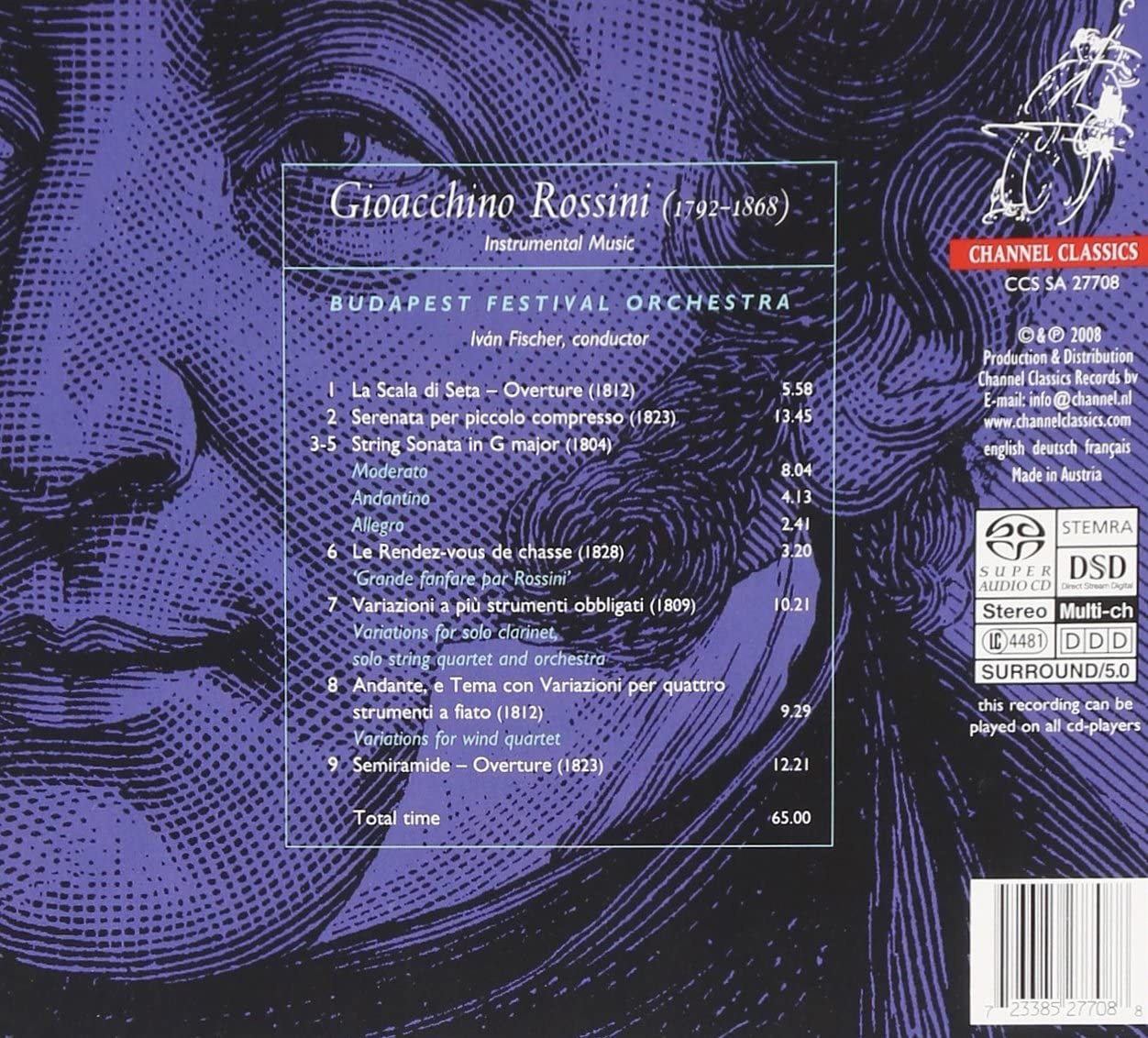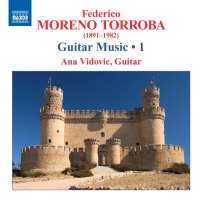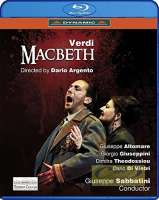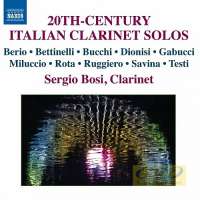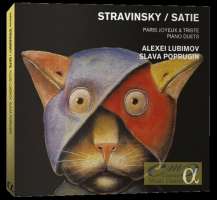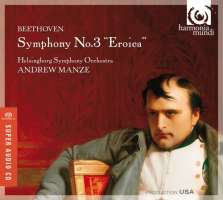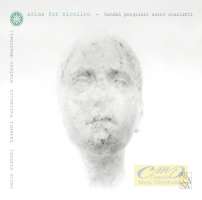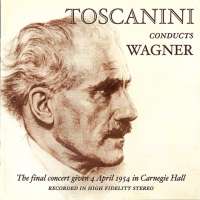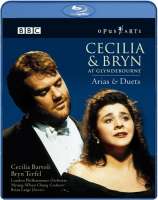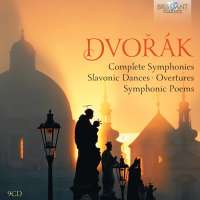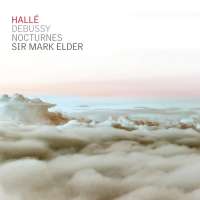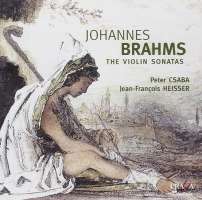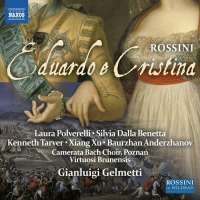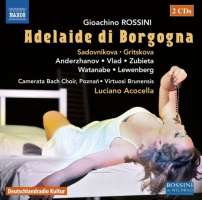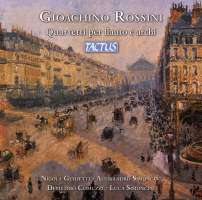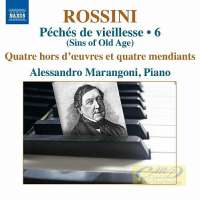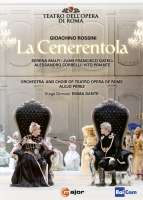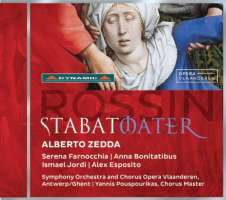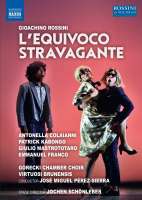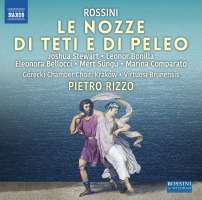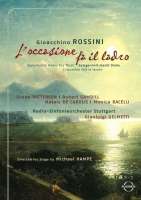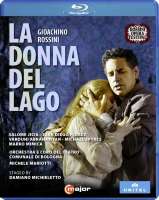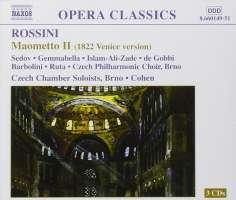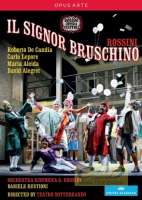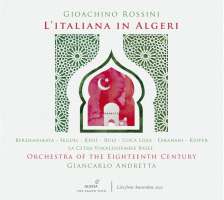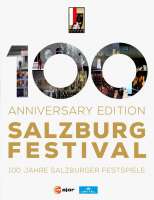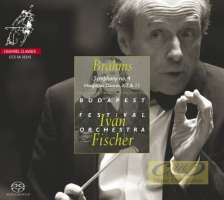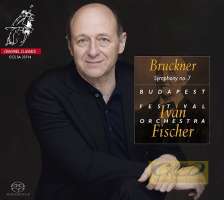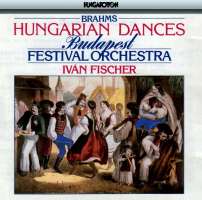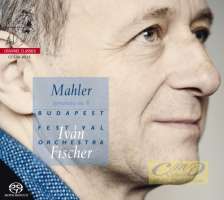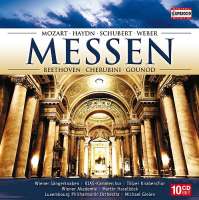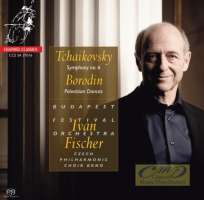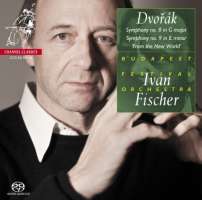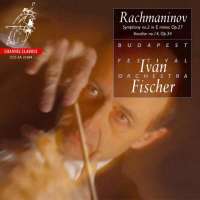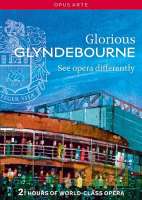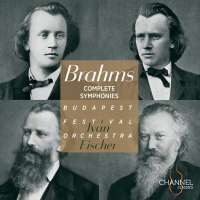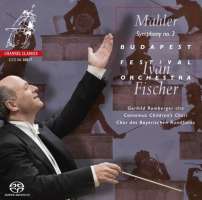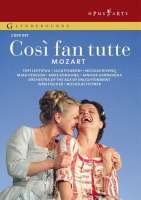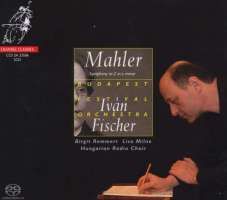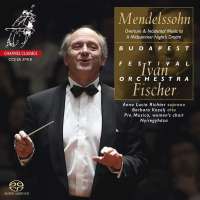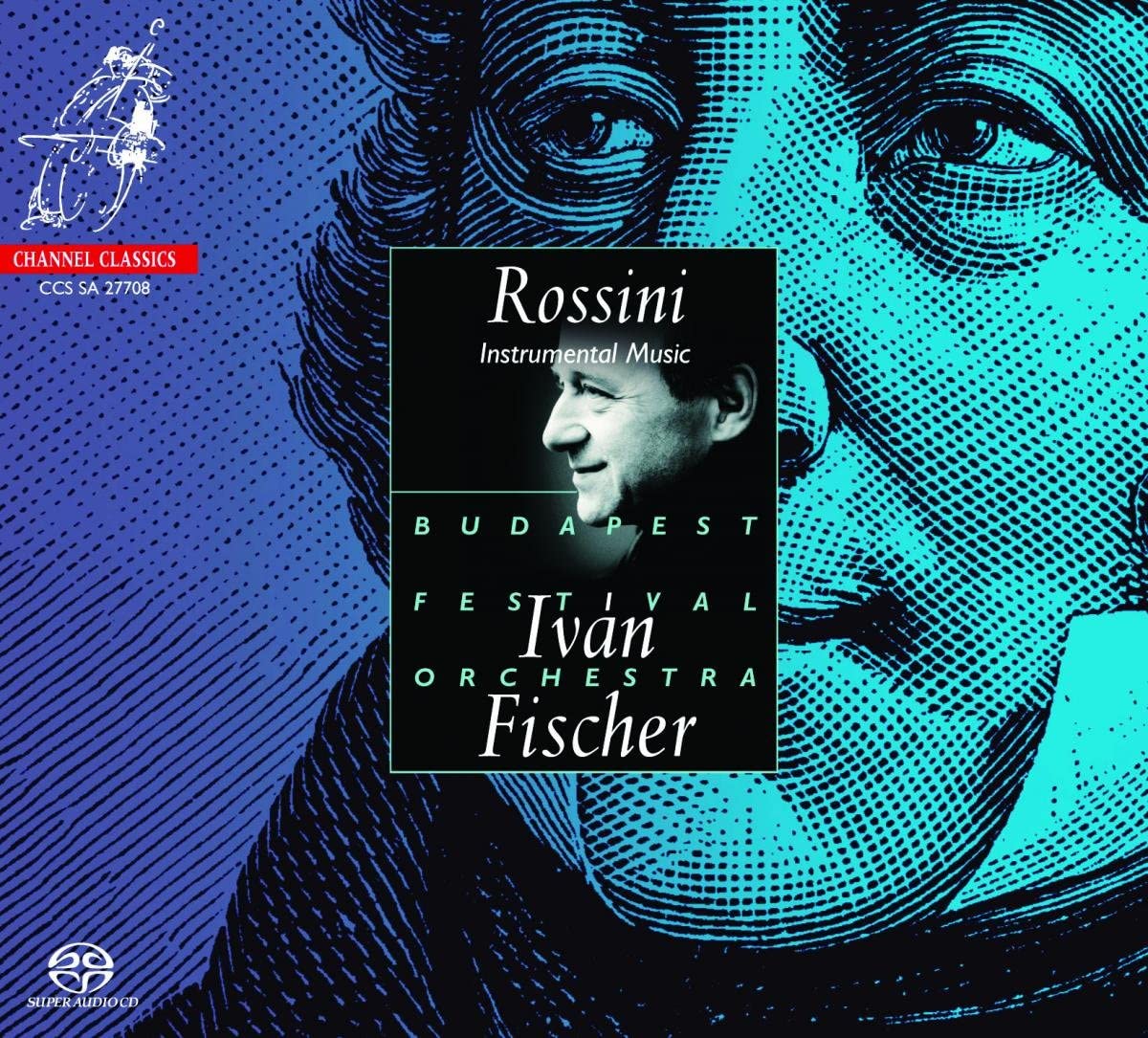
kompozytor
Rossini, Gioachino
tytuł
Rossini: Instrumental music
wykonawcy
Budapest Festival Orchestra;
Fischer, Iván
Fischer, Iván
nr katalogowy
CCS SA 27708
opis
Nakład wyprzedany, ostatni egzemplarz Rossini was a genius, especially as a melody-composer. His instrumental music is like colorful opera arias or ensembles without words. To perform these melodies one needs to declamate, articulate and characterize like actors on stage. And of course one needs to have a brilliant, fast tongue and fast fingers. Italians talk fast with beautiful diction, especially in a heated discussion. It has been great fun to record this music with members of the Budapest Festival Orchestra, where it is our aim to offer creative opportunities for individual members. I believe that this music needs clarity of sound: like that of the dry but transparent Italian theatres, sparkling of vitality. Ivan Fischer Not so very long ago there was a newspaper article about terrorism by magpies. Car windows were being shattered by the birds as they tossed pebbles out of their nests, pebbles that they had previously gathered because they had mistakenly thought that they were eggs. Magpies. The burglars of the air. Their nests are veritable treasure troves; they collect bright shiny objects. Just like human beings! And their collector’s impulses can disrupt society, albeit on a smaller scale. A French newspaper article was written about this in Rossini’s day, and the report inspired the French writer Baudouin d’Aubigny to write a melodrama, La pie voleuse (The thieving magpie). In the play, a Parisian servant girl is accused of stealing a silver spoon. When she ends up behind bars, thanks to the machinations of a lecherous mayor, the silver turns up again … in a magpie’s nest. The girl is exonerated and the story ends happily, according to prescription. In 1817, Rossini based his opera La gazza ladra on this French play. It was a smash hit, comical and touching in turn, and it played all over Europe and even as far afield as New York. Because two of the male roles in the opera served in the French army, Rossini mixed a few military elements into his music. Of course he did so with a healthy dose of irony. After a triple drumroll, he launches into a strange march, which is seemingly routed in short order by a frivolous d minor tune. The end of the overture, of course, carries Rossini’s distinctive visiting card: his patented crescendo, as the volume gradually swells, but the music remains essentially unchanged. In this way he achieves a maximum effect, without too much emotional involvement. Rossini, the master of the frivolous and absurd….
• Rossini: La scala di seta Overture
• Rossini: Le rendez-vous de chasse
• Rossini: Semiramide Overture
• Rossini: Serenata per piccolo compresso
• Rossini: String Sonata in G major
• Rossini: Variazioni per Clarinetto obbligato con accompagnamento di Orchestra in C major
• Rossini: Variazioni per più Strumenti con accompagnamento di Orchestra in F major
Works:
• Rossini: Andante, e Tema con Variazioni per quattro strumenti a fiato
• Rossini: La scala di seta Overture
• Rossini: Le rendez-vous de chasse
• Rossini: Semiramide Overture
• Rossini: Serenata per piccolo compresso
• Rossini: String Sonata in G major
• Rossini: Variazioni per Clarinetto obbligato con accompagnamento di Orchestra in C major
• Rossini: Variazioni per più Strumenti con accompagnamento di Orchestra in F major
nośnik
SACD
gatunek
Muzyka klasyczna
producent
Channel Classics
data wydania
07-07-2008
EAN / kod kreskowy
723385277088
Produkt nagrodzony:
Classics Today 10/10 (2008)

(Produkt nie został jeszcze oceniony)
cena 139,00 zł
lubProdukt dostepny w niewielkiej ilości.
Wysyłka w ciągu 3 dni roboczych
Darmowa wysyłka dla zamówień powyżej 300 zł!
Darmowy kurier dla zamówień powyżej 500 zł!
sprawdź koszty wysyłki